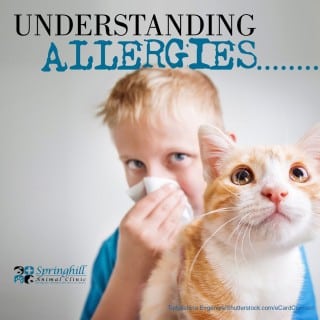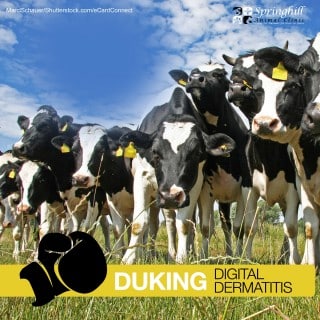As you work your way down the vacation checklist this summer, make sure you mark the box next to your dog’s Bordetella vaccine before dropping him off at the kennel.
Highly contagious and easily transmitted either through air or direct contact, Bordetella, or kennel cough, causes a hacking cough and runny nose in dogs. It is mostly found in dogs who have frequented doggy day care, grooming facilities or the dog park. While causing no more than a mild illness in healthy adult dogs, Bordetella can cause severe illness or even death in puppies or dogs with underlying health issues.
While Bordetella may sound scary to dog owners, it usually goes away much like the human common cold in dogs with healthy immune systems. Symptoms can appear between two and 14 days after exposure to the bacteria, with the length of infection ranging from four to 21 days. A routine set of vaccinations is required by most veterinary clinics, including ours, prior to boarding the dog. Reputable doggy day cares, grooming facilities and other canine service providers also require proof of vaccination prior to providing services for your pup.
The vaccine is administered by injection under the skin or intranasally by us, as early as 3-weeks-old in puppies, with a second dose following two to four weeks later. For adult dogs and puppies older than 16 weeks, the intranasal vaccine is given once followed by an injectable vaccine twice, two to four weeks apart. The vaccine is considered efficacious for up to six months.
If your dog does become ill with Bordetella, treatment usually includes antibiotics, cough suppressants and anti-inflammatories.
Ways to prevent Bordetella at home include:
– Using all medications as prescribed by us
– Make sure all vaccinations are up-to-date
– Separate any ill pets from others, as Bordetella can be transmitted between felines and canines. Felines can only be vaccinated intranasally, and as early as 8-weeks-old. The Bordetella vaccine is not routinely recommended for cats, but if you have a cat at home and a dog who frequents social settings, talk to us about whether your cat should be vaccinated.
– Use different feeding, bedding and rooming items to avoid spreading the infection between pets.
– Wash your hands after handling an ill pet’s food, bedding and other items or coming into contact with the pet.



